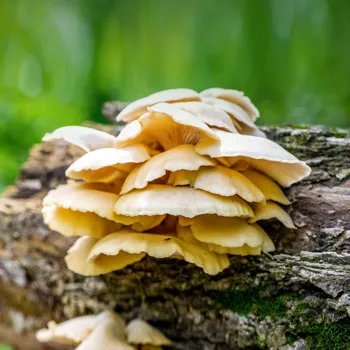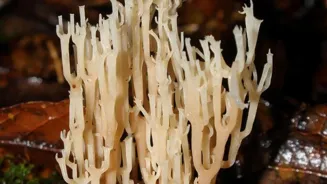Dive into the Enigmatic World of Fungi! Uncover their vital role in ecosystems and innovative applications. Discover more now!
Across our incredible country, from the misty hills of the Northeast to the rich
soil of the Deccan Plateau, a hidden kingdom thrives: the world of fungi. Often overlooked, these organisms are not plants, nor animals, but belong to their own unique domain.
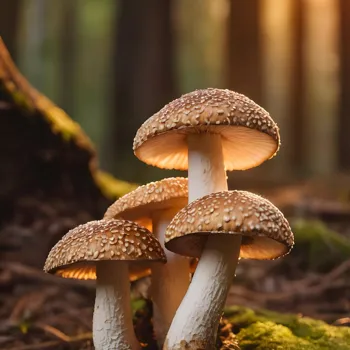
They play a crucial, often unseen, role in keeping our ecosystems healthy and balanced. Let's take a closer look at these fascinating creatures and appreciate their importance in our lives.
Fungi: the hidden network connecting plants
Fungi are everywhere! You've likely seen them as mushrooms popping up after the monsoon rains, or the mold that can appear on bread. But what you see is only a small part of the story. The main body of a fungus is usually hidden underground, a network of tiny threads called mycelium.
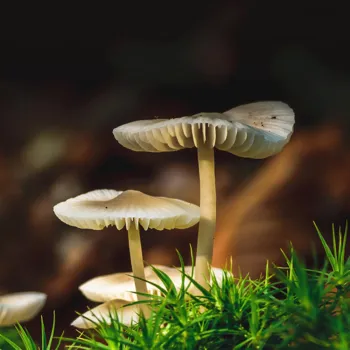
These threads spread through the soil, acting like a natural internet connecting plants and helping them communicate. The fungi are neither plants nor animals they have a critical role.
Fungi as decomposers: vital role in recycling nutrients and breaking down organic matter
One of the most vital roles of fungi is as decomposers. They break down dead plants and animals, returning essential nutrients back to the soil. Imagine a forest floor covered in fallen leaves and branches. Without fungi, this organic matter would simply pile up, locking away valuable nutrients.
Fungi release these nutrients, making them available for plants to use and grow, ensuring the cycle of life continues. Some innovative scientist are working on plastic degradation using fungi and are getting good results.
Fungi and plants symbiotic relationship aids Indian forests
Fungi and plants have a very important symbiotic relationship called Mycorrhizae which is critical for Indian forests. They act like extensions of plant roots, helping plants absorb water and nutrients from the soil.
In return, the plant provides the fungus with sugars produced through photosynthesis. This partnership is especially important in nutrient-poor soils, allowing plants to thrive in challenging environments, boosting agricultural yields and reduces the need for fertilizers.
Farmers can benefit from it.
Fungi in traditional Indian medicine and modern science for healing
Fungi also have significant medicinal properties. For centuries, traditional medicine systems in India have utilized various fungi for their healing powers. Modern science has also discovered numerous compounds in fungi with potential to treat various ailments.
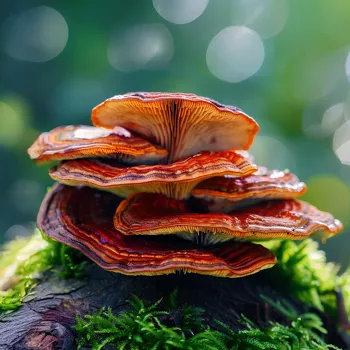
One well-known example is penicillin, derived from a fungus, which revolutionized the treatment of bacterial infections. There are other local herbs and plants having medicinal properties and Ayurveda appreciates it. More research is still going on to explore more compounds from fungi.
Fungi aid in bioremediation and plastic degradation for a healthier environment
Beyond decomposition, nutrient cycling, and medicine, fungi contribute to the environment. Certain fungi also help in bioremediation, which means cleaning up polluted environments.
They can absorb heavy metals and other toxins from the soil, helping to restore contaminated land and water to a healthier state. Fungi can break down complex compounds into simpler forms, some of the fungi are capable of degrading plastics, helping us to combat plastic pollution.
This process is slow, but research on fungi is advancing significantly.
Promote conversation to protect indigenous fungi species
We need to give our indigenous species of fungi the attention they deserve, promote conversation of environments so rare species stay where they belong.
